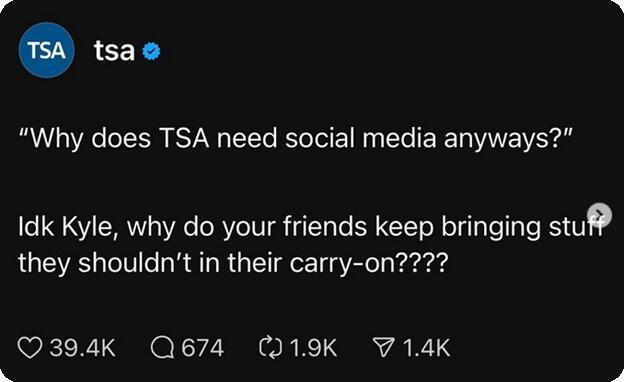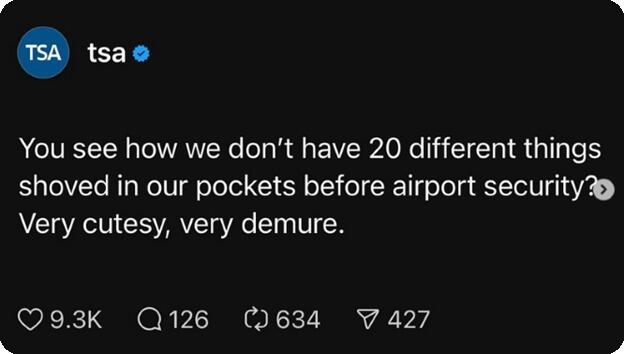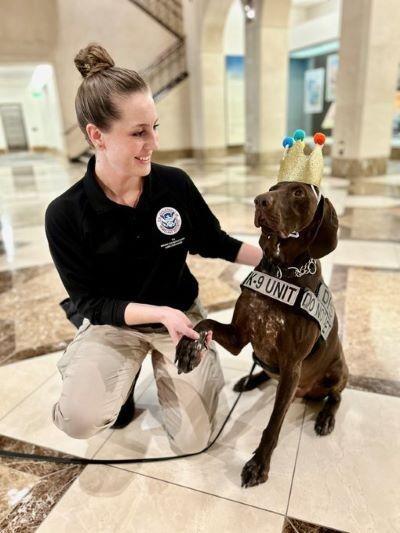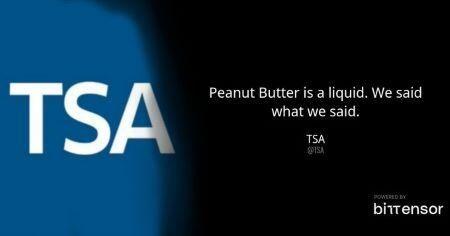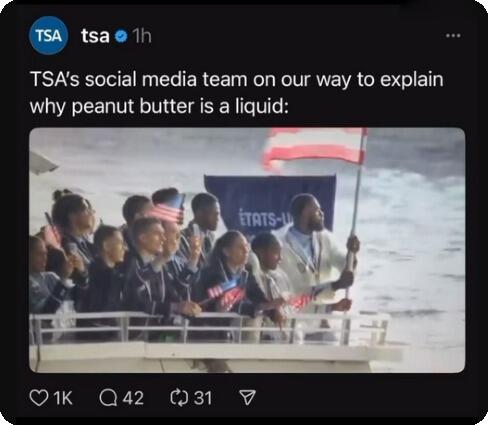by Tom Ozimek via The Epoch Times,
The Pennsylvania Supreme Court issued a decision on Sept. 13 that upholds a requirement in the key battleground state that voters must include accurate dates on the exterior envelopes of their mail-in ballots for the votes to be counted.
The split 4–3 ruling vacates a previous Commonwealth Court decision that had halted enforcement of the legal requirement under Pennsylvania law that disqualified mail-in ballots if they were undated or featured incorrect dates. The Commonwealth Court found that the date requirement was unconstitutional when enforced against voters who submit their ballots by deadline.
The Pennsylvania Supreme Court found that the Commonwealth Court did not have the authority to review that case because the plaintiffs did not include all 67 county election boards as defendants. Even though they included Al Schmidt, the secretary of the Commonwealth, as a defendant, that alone wasn’t enough to give the Commonwealth Court authority to decide the case.
The high court also declined a request by the plaintiffs to use extraordinary jurisdiction powers (under 42 Pa.C.S. § 726) that allow the Pennsylvania Supreme Court to take over cases from lower courts when there is a significant public interest or an urgent issue needing immediate resolution.
In a dissenting statement, Justice David Wecht argued that the court should have ruled on the constitutional question presented in the appeal rather than vacate the lower court’s decision on technical grounds.
“A prompt and definitive ruling on the constitutional question presented in this appeal is of paramount public importance inasmuch as it will affect the counting of ballots in the upcoming general election. Therefore, I would exercise this Court’s King Bench authority over the instant dispute and order that the matter be submitted on the briefs,” wrote Wecht in dissent, with Chief Justice Debra Todd and Justice Christine Donohue joining.
King’s Bench authority is a broader and more powerful tool than the plaintiffs’ extraordinary jurisdiction request. It allows the Pennsylvania Supreme Court to step in and rule on urgent matters of public importance at any stage of a case, even if procedural hurdles exist.
Wecht and the other dissenting justices also argued that the case should have been decided based on the written legal documents already filed rather than on the basis of potentially newly scheduled oral arguments, highlighting their view that it is important to settle the constitutional question of whether Pennsylvania’s mail-ballot date requirement violates the Free and Equal Elections Clause of the Pennsylvania Constitution, ahead of the fast-approaching Nov. 5 presidential election.
The case was brought by a coalition of nine advocacy groups, including the Black Political Empowerment Project, League of Women Voters of Pennsylvania, and Pittsburgh United, with co-counsel from the American Civil Liberties Union (ACLU) of Pennsylvania. The groups challenged the legality of enforcing the date requirement for mail-in ballots, arguing that it violated the Pennsylvania Constitution’s provision for “free and equal” elections. The Commonwealth Court initially ruled in favor of the plaintiffs, suspending enforcement of the dating rule in two key counties—Philadelphia and Allegheny.
The Pennsylvania Supreme Court’s decision to reverse this ruling allows enforcement of the rule that mail-in ballots with date errors can be invalidated. The decision could affect thousands of votes in what is expected to be a highly competitive presidential election in Pennsylvania, a key swing state.
ACLU of Pennsylvania, which was involved in the case, estimated that the handwritten date requirement has led to the disqualification of tens of thousands of Pennsylvania voters who were otherwise eligible, including more than 10,000 in the 2022 general election alone.
A request for comment on the ruling and whether ACLU of Pennsylvania intends to appeal the decision to the U.S. Supreme Court was not immediately returned.
Michael Whatley, chairman of the Republican National Committee (RNC), and co-chair Lara Trump, issued a joint statement praising the high court’s decision.
“This is a huge win to protect the vote in Pennsylvania that will secure commonsense mail ballot safeguards and help voters cast their ballots with confidence. The Keystone State will be absolutely critical in this election, and the Supreme Court has decided a major victory for election integrity,” they said.
In a legal brief filed in the case, the Democratic National Committee argued that the date requirement serves “no cognizable state interest” and that “a missing or incorrect date does not justify denying qualified Pennsylvanians of that critically important right” to vote.
The ruling underscores the ongoing tension between election integrity measures and voting access as the 2024 election approaches.
